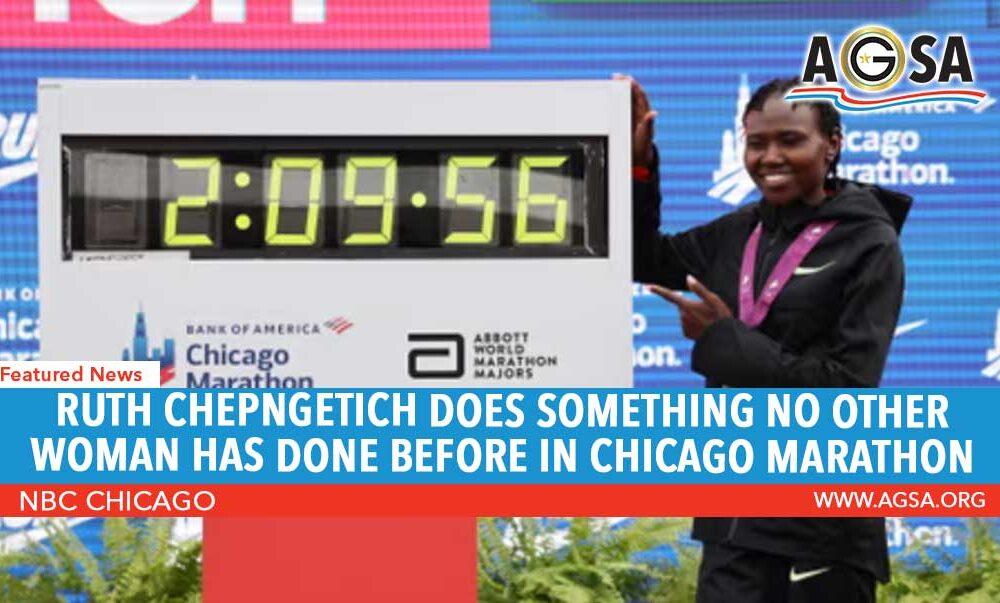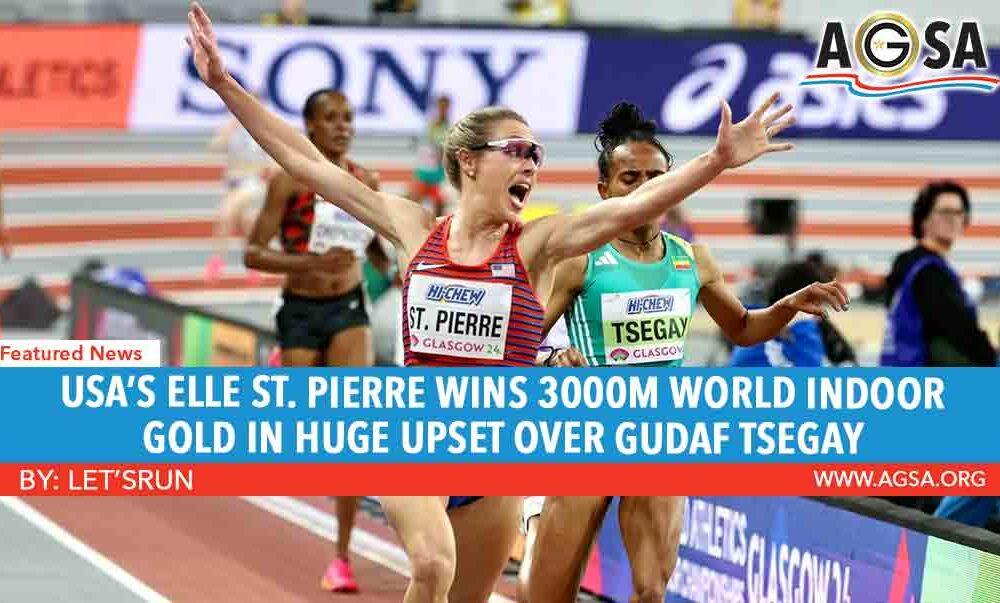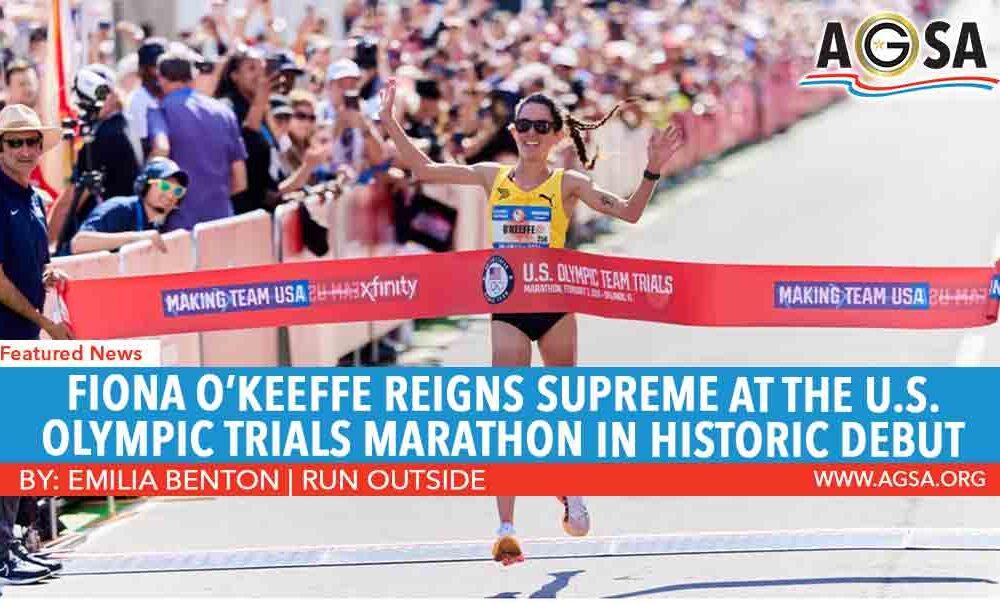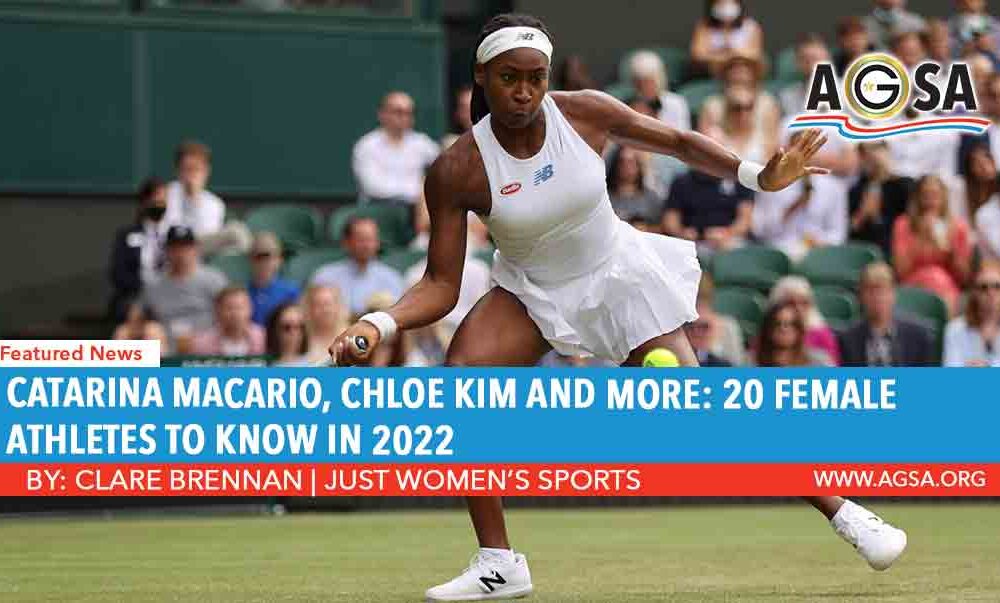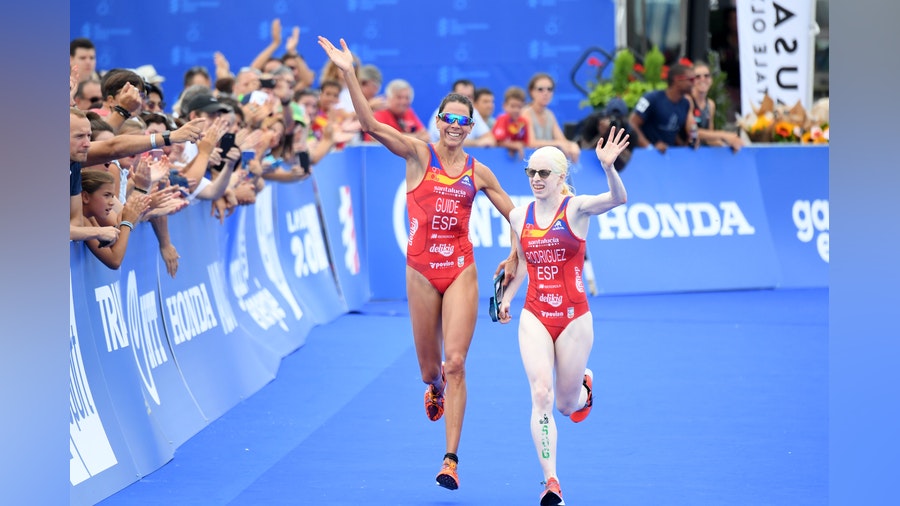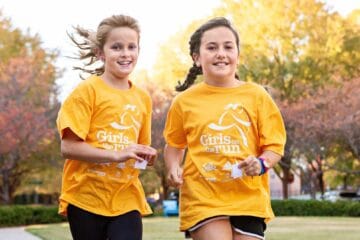Ruth Chepngetich did something no other female marathoner has ever done before and set an unofficial world record with her finish in the 2024 Bank of America Chicago Marathon.
Her historic finish marks the first women’s marathon time under 2 hours and 10 minutes — the previous world record was 2 hours, 11 minutes and 53 seconds, set by Ethiopia’s Tigst Assefa at the 2023 Berlin Marathon. Chepngetich finished with an unofficial time of 2 hours, 9 minutes and 56 seconds.
“I feel so great. I’m proud of myself and I thank God for the victory and the world record,” she told NBC Chicago at the finish line moments after her stunning finish. “This is my dream that has come true. I fight a lot thinking about world record and I have fulfilled it and I’m much grateful.”
Chepngetich, the 2021 and 2022 Bank of American Chicago Marathon winner and runner-up in 2023, returned to the course in 2024 to try and reclaim her title. And she did more than that.
Ruth Chepngetich makes history with likely world record in women’s marathon as she cruises to Chicago Marathon title.
“This woman is on pace to do something that I never really thought I would see in a lifetime,” fellow marathoner and NBC commentator Carrie Tollefson said during the live broadcast as Chepngetich raced closer to the finish line.
“It’s almost like seeing someone land on the moon,” Tollefson added.
Experts likened the finish to the world record set in the men’s race in 2023, which saw the late Kelvin Kiptum become the first man to run a marathon in under 2 hours and 1 minute.
Chepngetich said she dedicated her race to Kiptum.
It’s not Chepngetich’s first time making Chicago Marathon history.
Chepngetich not only won the 2022 Chicago Marathon, but she ran the fourth-fastest women’s marathon time in history during that race, running 2:14:18.
Since making her marathon debut in 2017, she has won Chicago (twice), Nagoya (twice), Istanbul (twice), Dubai and the 2019 World Championships.
Recently, she finished ninth at the 2024 London Marathon with a 2:24:36 finish. In her most recent race, she won the Buenos Aires Half Marathon in 1:05:58.
